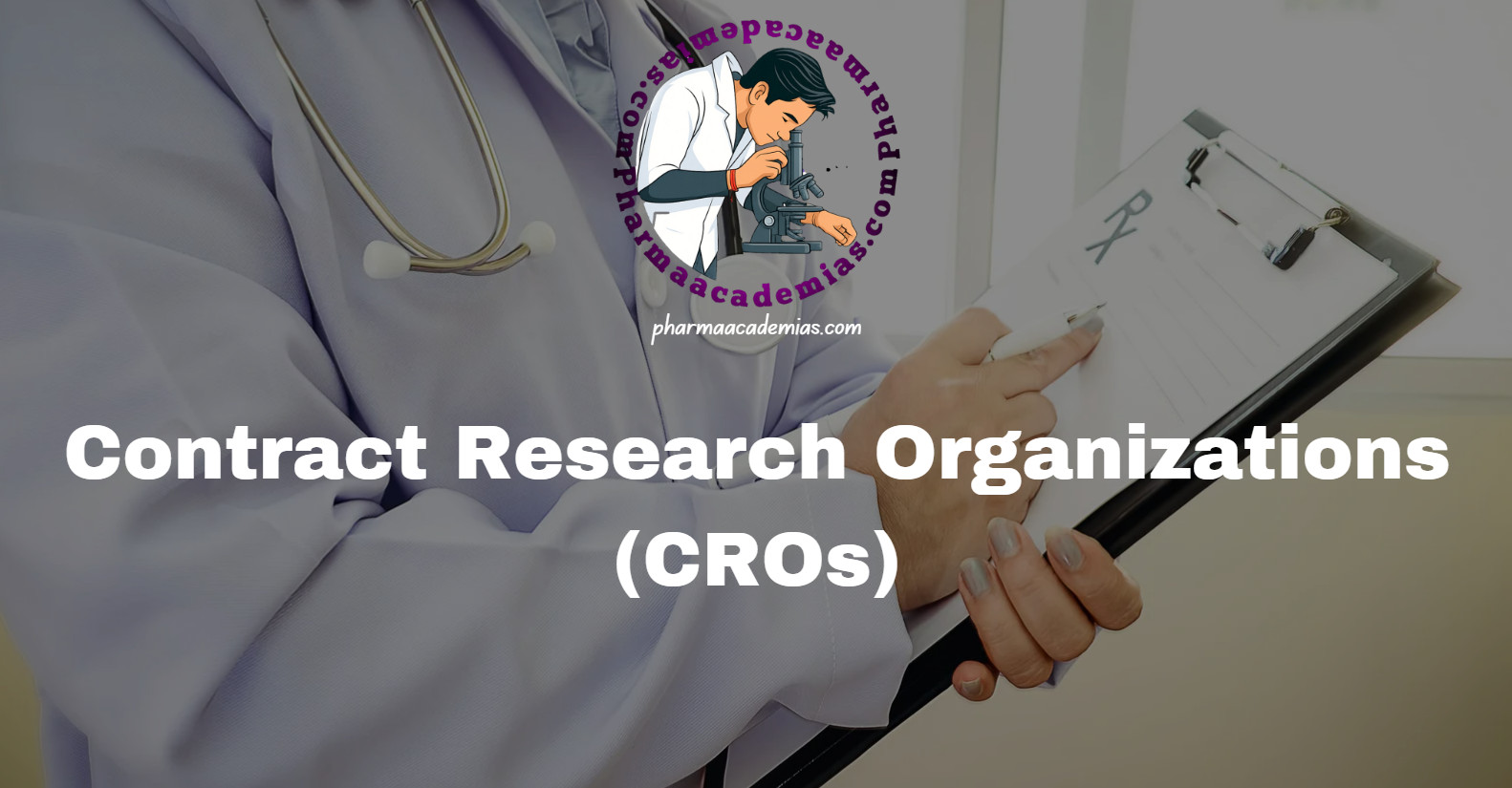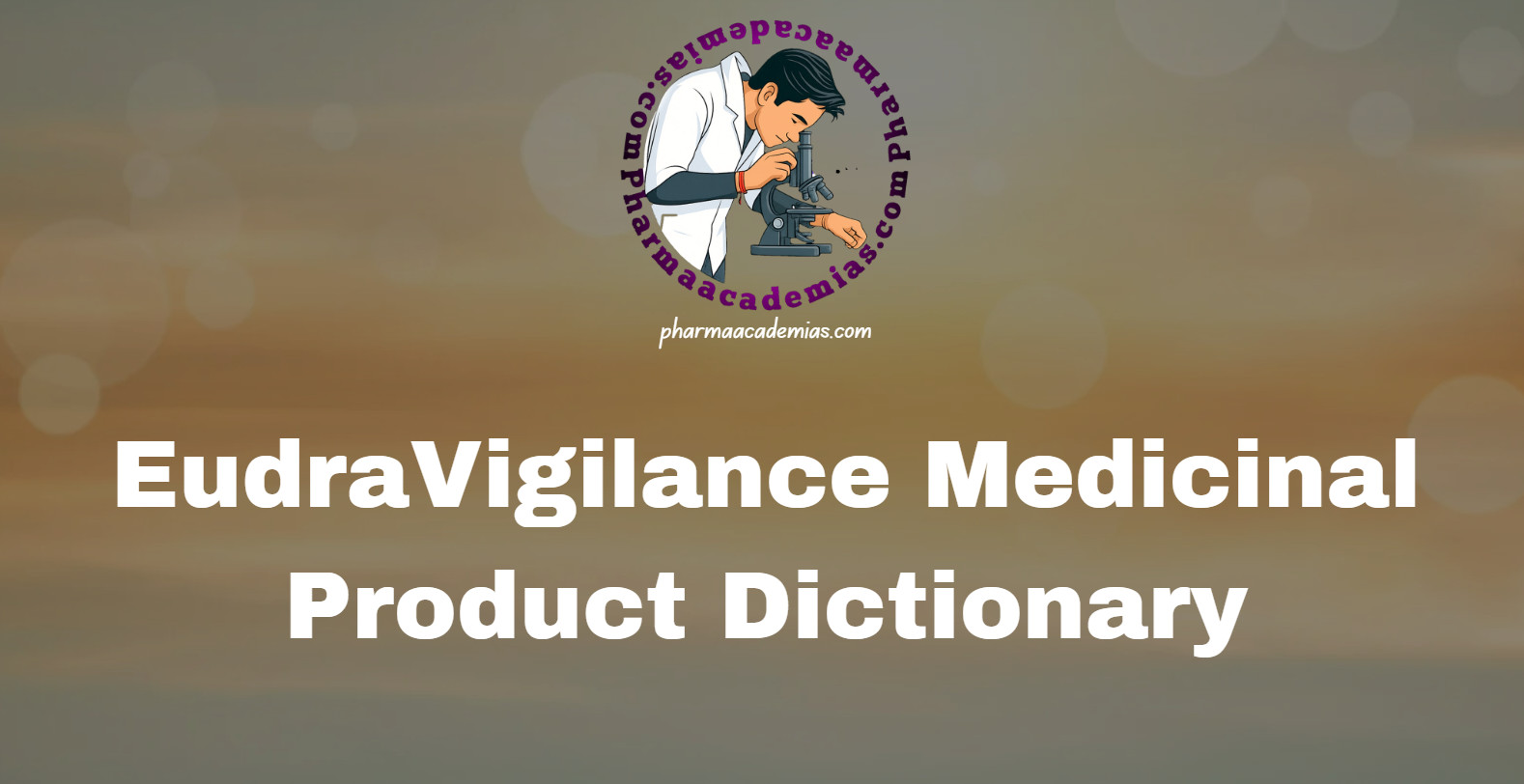Tuberculosis (TB): Definition Treatments
Tuberculosis Tuberculosis (TB) is a chronic infectious disease caused by the Mycobacterium tuberculosis complex, primarily affecting the lungs but capable of involving almost any organ system in the body. TB has been one of humanity’s deadliest diseases for centuries and continues to remain a leading cause of morbidity and mortality worldwide, especially in low- and … Read more










